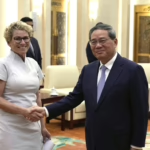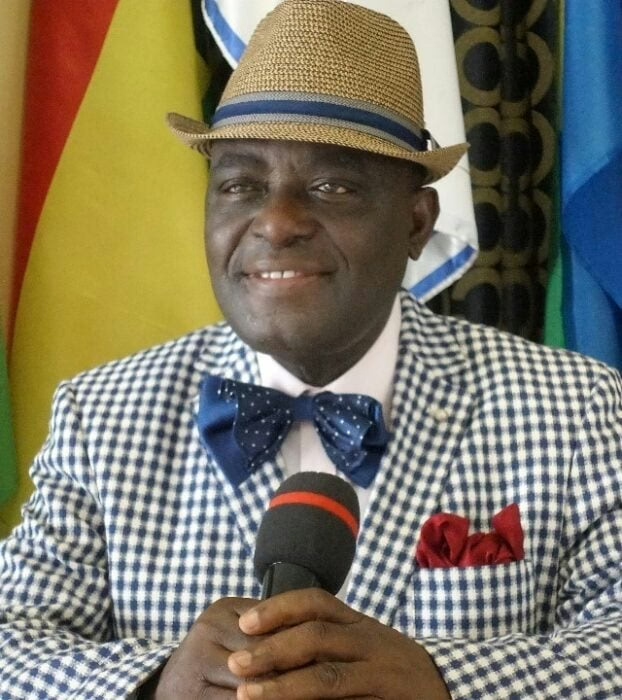Professor Emeritus Peter Okebukola, a former Executive Secretary of the National Universities Commission (NUC), has introduced an innovative strategy aimed at enhancing the delivery of Science, Technology, Engineering, and Mathematics (STEM) education.
This novel technique, termed the “Model-And-Surpass Pedagogy (MSP),” was revealed during the 2025 international conference organized by the International Research Group (IRG) in partnership with the Commonwealth Association of Science, Technology and Mathematics Educators (CASTME), which concluded on September 18.
Okebukola, who made history in 1992 as the first African recipient of the UNESCO Kalinga Prize for Science Communication and Popularization, developed the MSP approach. The pedagogy was officially introduced to the worldwide educational community by Professor Jomo Mutegi, former president of the National Association of Research in Science Teaching (NARST), a US-based organization dedicated to advancing quality science education.
The event attracted delegates from countries including the United States, United Kingdom, Burundi, Ghana, Finland, Nigeria, The Gambia, Mauritius, and Sierra Leone.
Reflecting on his motivation, Okebukola, also a past chairman of the Governing Council of the National Open University of Nigeria (NOUN), explained, “My drive to create new science teaching methodologies, which earned me the UNESCO Prize in 1992, stems from the overwhelming reliance on teaching methods developed outside Africa that do not align with our cultural realities.”
He added, “There is a prevailing notion that effective teaching methods must originate from Western countries. Unfortunately, many of our educators eagerly adopt these ‘Oyibo’ (Western) techniques without critically examining or innovating approaches that resonate with our socio-cultural context.”
Okebukola further emphasized, “The underwhelming performance of African students in STEM subjects can partly be traced to this cultural disconnect. My primary aim is to boost both achievement and enthusiasm for STEM among our learners.”
He recounted that after more than four decades of research, he introduced the Culturo-Techno-Contextual Approach (CTCA) in 2015, alongside formulating the Okebukola Eco-Techno Cultural Theory.
“Over the past decade, CTCA has gained international recognition and is actively applied across numerous African nations as well as in parts of Asia, Europe, and North America,” he noted.
“Extensive research has validated its effectiveness in enhancing student outcomes not only in science but also in other disciplines.”
Okebukola described the newly developed Model-And-Surpass Pedagogy (MSP) as a framework encouraging students to emulate renowned scientists and then aim to exceed their achievements.
“The premise is that by aspiring to replicate the methods of distinguished scientists and devising strategies to outperform them, students internalize scientific thinking and are motivated to reach new levels of excellence. Where there is determination, success follows. This approach is expected to foster improved academic results and a more positive attitude toward STEM,” he explained.
Looking ahead, Okebukola shared, “We have commenced rigorous testing of MSP. A collaborative research team from Nigeria, Ghana, The Gambia, and Sierra Leone, affiliated with the Africa Centre of Excellence for Innovative and Transformative STEM Education (ACEITSE) at Lagos State University, is spearheading a series of studies to evaluate the pedagogy’s impact.”
He concluded, “Our vision is for MSP to play a pivotal role in realizing the African Union’s Agenda 2063-The Africa We Want. The era of Africa being a mere follower in STEM innovation is drawing to a close.”






















